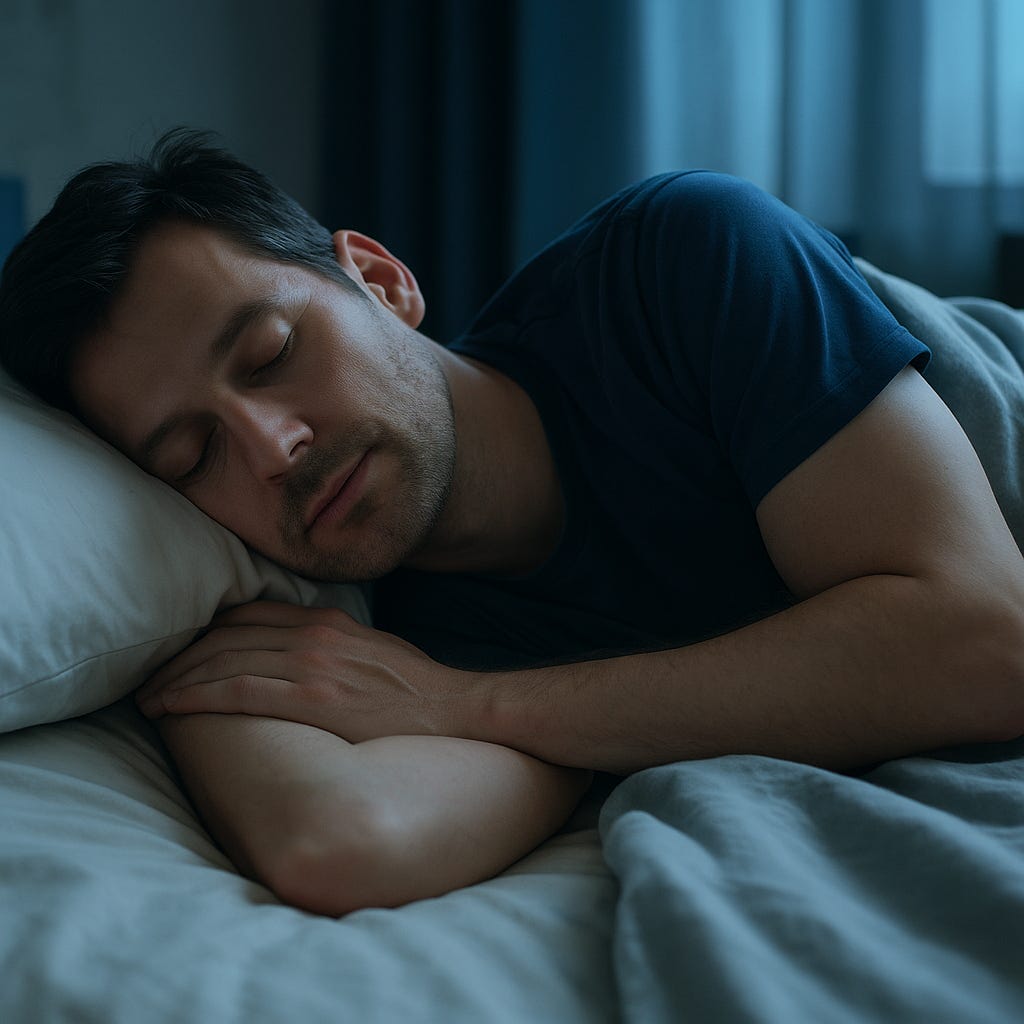How To Sleep Like A Teenager Again: 6 Tricks To Boost Recovery And Longevity
Reclaim your youthful slumber with science-backed strategies for better rest, faster recovery, and a longer, healthier life.
Remember those teenage years when sleep came effortlessly, and you woke up feeling invincible? As adults, many of us struggle to achieve that same restorative rest. But what if you could tap into the secrets of youthful sleep to enhance your recovery and longevity?
Quality sleep isn't just about feeling rested; it's a cornerstone of overall health. Research indicates that consistent, high-quality sleep can lower the risk of chronic diseases, improve cognitive function, and even extend lifespan. Let's explore six practical strategies to help you sleep like a teenager again.
1. Establish a Consistent Sleep Schedule
Teenagers often have erratic sleep patterns, but their bodies thrive on consistency. As adults, maintaining a regular sleep schedule is crucial. Going to bed and waking up at the same time each day helps regulate your circadian rhythm, leading to better sleep quality.
Tips:
Aim for 7–9 hours of sleep per night.
Avoid sleeping in on weekends to maintain your sleep rhythm.
2. Limit Exposure to Blue Light Before Bed
Teenagers are notorious for late-night screen time, which can disrupt sleep. Blue light from devices suppresses melatonin production, making it harder to fall asleep.
Tips:
Turn off electronic devices at least an hour before bedtime.
Consider using blue light filters or glasses in the evening.
3. Create a Sleep-Friendly Environment
Teenagers often sleep in dark, cool rooms—conditions that promote better sleep. As adults, optimizing your sleep environment can make a significant difference.
Tips:
Keep your bedroom dark, quiet, and cool.
Invest in comfortable bedding and consider blackout curtains.
4. Incorporate Regular Physical Activity
Physical activity can enhance sleep quality, much like the natural activity levels of teenagers. Regular exercise helps you fall asleep faster and enjoy deeper sleep.
Tips:
Engage in moderate aerobic exercise, like walking or cycling, during the day.
Avoid vigorous workouts close to bedtime.
5. Mind Your Diet and Caffeine Intake
Teenagers might consume caffeine without immediate effects, but as adults, sensitivity increases. Caffeine can interfere with sleep, so it's essential to monitor intake.
Tips:
Avoid caffeine at least 6 hours before bedtime.
Eat light meals in the evening and avoid heavy or spicy foods close to bedtime.
6. Consider Natural Supplements Wisely
While teenagers typically don't need sleep aids, certain supplements can support adult sleep quality. For instance, NAD+ precursors like nicotinamide riboside (NR) may help improve sleep patterns.
Tips:
Consult with a healthcare provider before starting any supplement.
Focus on natural sources of sleep-supporting nutrients, like magnesium and vitamin B3.
Embrace the Power of Rest
Reclaiming the restorative sleep of your youth isn't just a dream—it's achievable with intentional lifestyle adjustments. By prioritizing sleep hygiene, managing light exposure, staying active, and being mindful of diet and supplements, you can enhance your recovery and longevity.
Also read: 5 Biohacks to Sleep Like a Navy SEAL (Even If You're a Night Owl)
Call to Action:
Ready to transform your sleep? Start by implementing one of these strategies tonight. Share your experiences and tips with us—let's journey toward better sleep together! 💤


